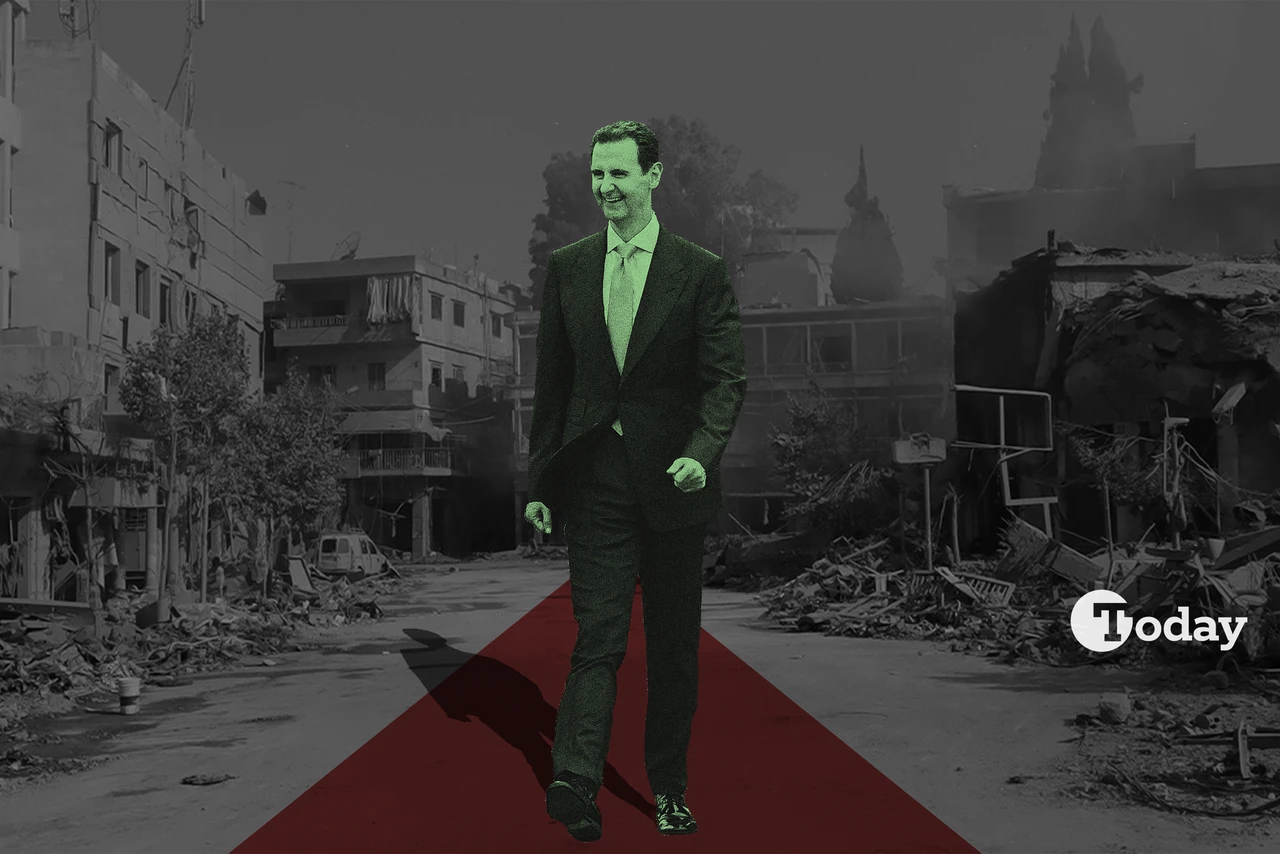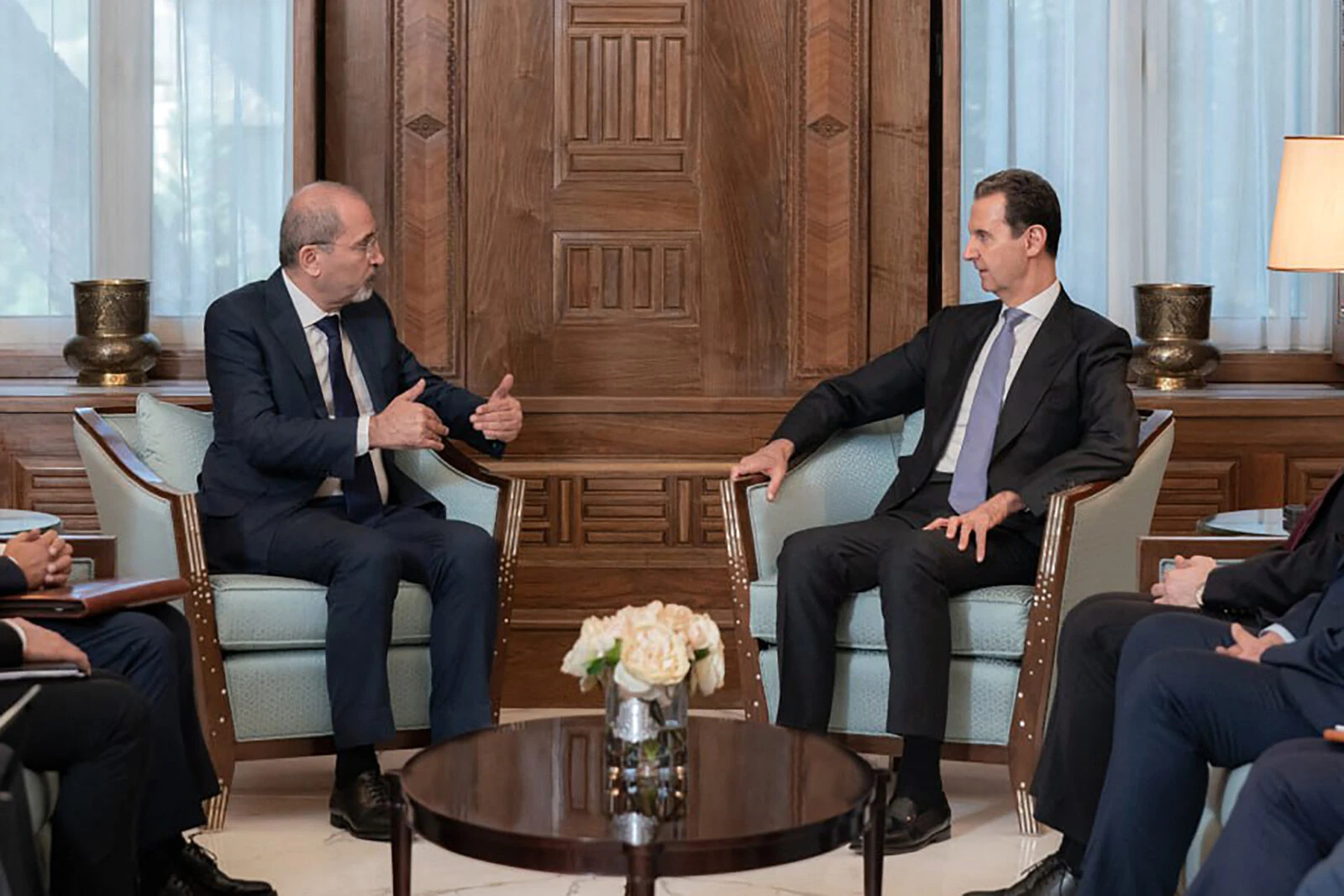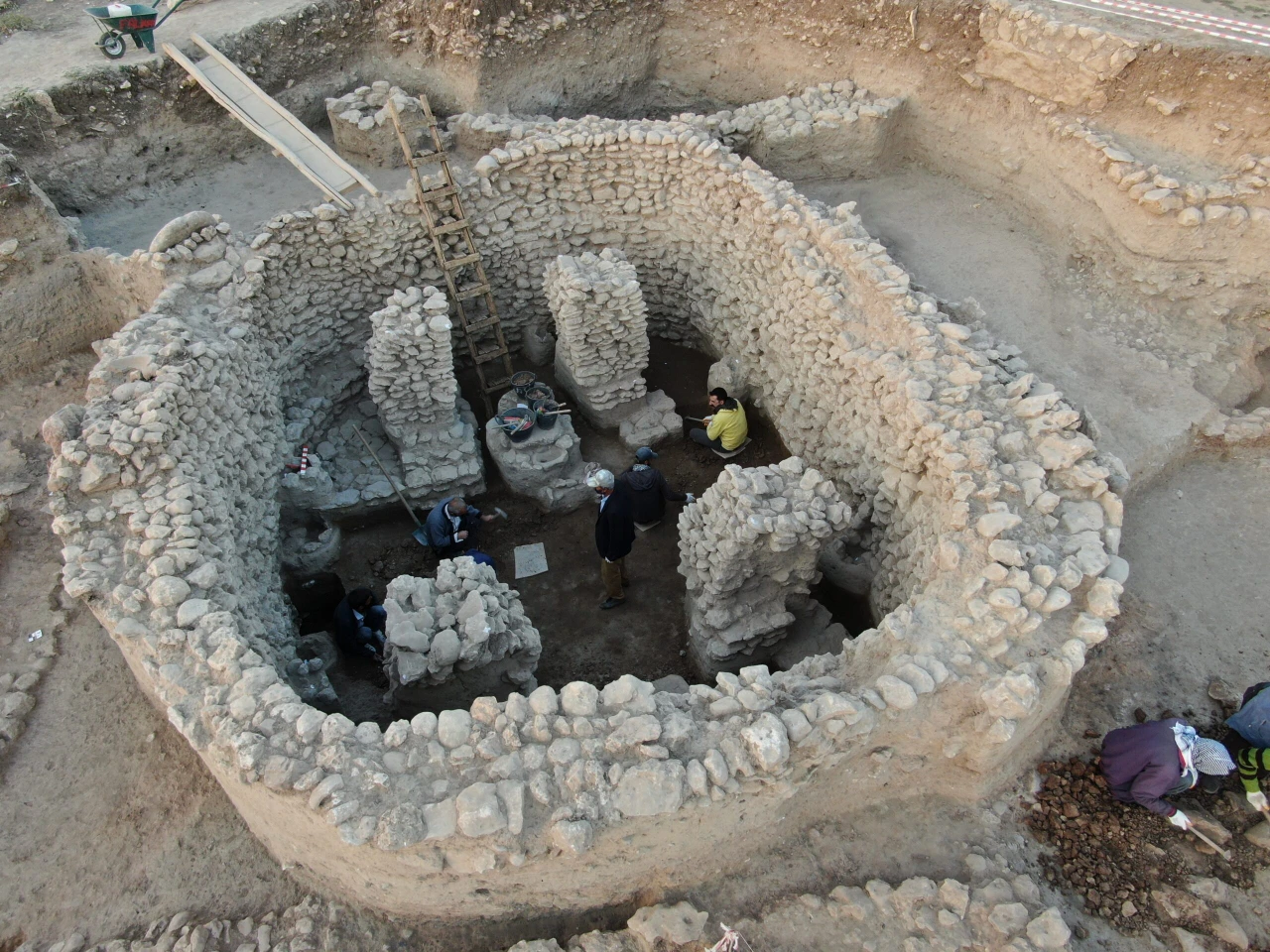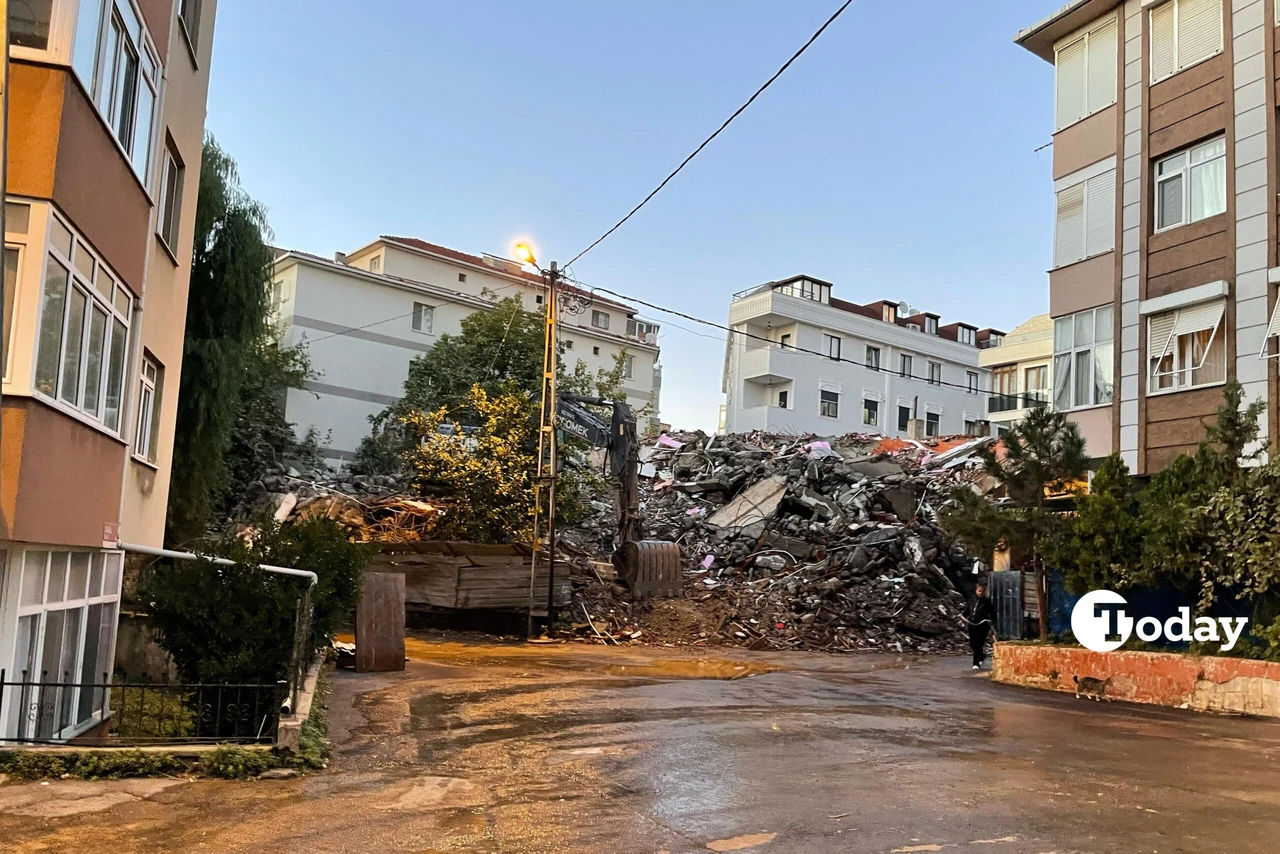This is how Syria’s Bashar al Assad might benefit from Israel’s war on Hezbollah
 Image depicting Syria's Bashar al Assad prepared by Türkiye Today team
Image depicting Syria's Bashar al Assad prepared by Türkiye Today team
Bashar al Assad’s handling of Syrian and Lebanese refugees after Israel’s war on Hezbollah showcases a difference from his previous stance.
As Israel’s war on Hezbollah affects significant trade routes for Syria, Assad is now more willing to host Syrian and Lebanese civilians in Syria to benefit from the international aid. This may eventually bolster his image in the international community as a stable partner who governs a ‘stable but economically weak country.’
As an international aid black-hole, Syrian President may channel the new funding into his elite circle which will embolden his control over the country where he feels ‘unstable’ following military damage Hezbollah and Iran suffered in recent weeks.
According to a report by the Syrian news outlet Enab Baladi, the Syrian government, after years of rejecting the return of refugees citing infrastructure concerns and the need for reconstruction, has recently facilitated the entry of hundreds of thousands of Syrians and Lebanese at its border.
However, the country’s deteriorating economic situation, inadequate services, security concerns, and limited institutional capacity may not be sufficient to handle such an influx of refugees.
A new economic bloodline for Syria’s Bashar al Assad
On October 8, United Nations High Commissioner for Refugees (UNHCR) Filippo Grandi issued an urgent appeal for $324 million to assist those fleeing from Lebanon to Syria.
This request came during his visit to Damascus, where he met with Syrian President Bashar al Assad, Foreign Minister Bassam Sabbagh, and other officials to discuss ways to support the new arrivals, as reported by the U.N. Office for the Coordination of Humanitarian Affairs (OCHA).
Earlier, on October 2, the European Union announced an emergency fund of €500,000 for the UNHCR to support response efforts for those fleeing Lebanon.

Additionally, a 2022 investigation conducted by the Syrian Observatory of Political and Economic Networks (OPEN) and the Syrian Legal Development Program (SLDP) revealed that between 2019 and 2020, the United Nations allocated approximately $137 million to Syrian companies linked to individuals under Western sanctions.
According to Enab Baladi’s report, these include figures associated with the Syrian regime, human rights violators, and war beneficiaries. The investigation uncovered that nearly 25% of analyzed U.N. funds went to companies owned by individuals sanctioned by the United States or the U.K. for their involvement in the Syrian conflict.
Prominent figures mentioned in the investigation include Hashem al-Aqad, Samir Hassan, Fadi Saqr, Samer Foz, Ahmad Saber Hamsho, Ali Hamsho, Amr Hamsho, and Rania al-Dabbas.
It further noted that 47% of the U.N.’s procurement spending in 2019 and 2020 went to companies with high-risk profiles, including war profiteers and individuals subjected to sanctions.
Some supplier identities were withheld for “security” or “privacy” reasons.



